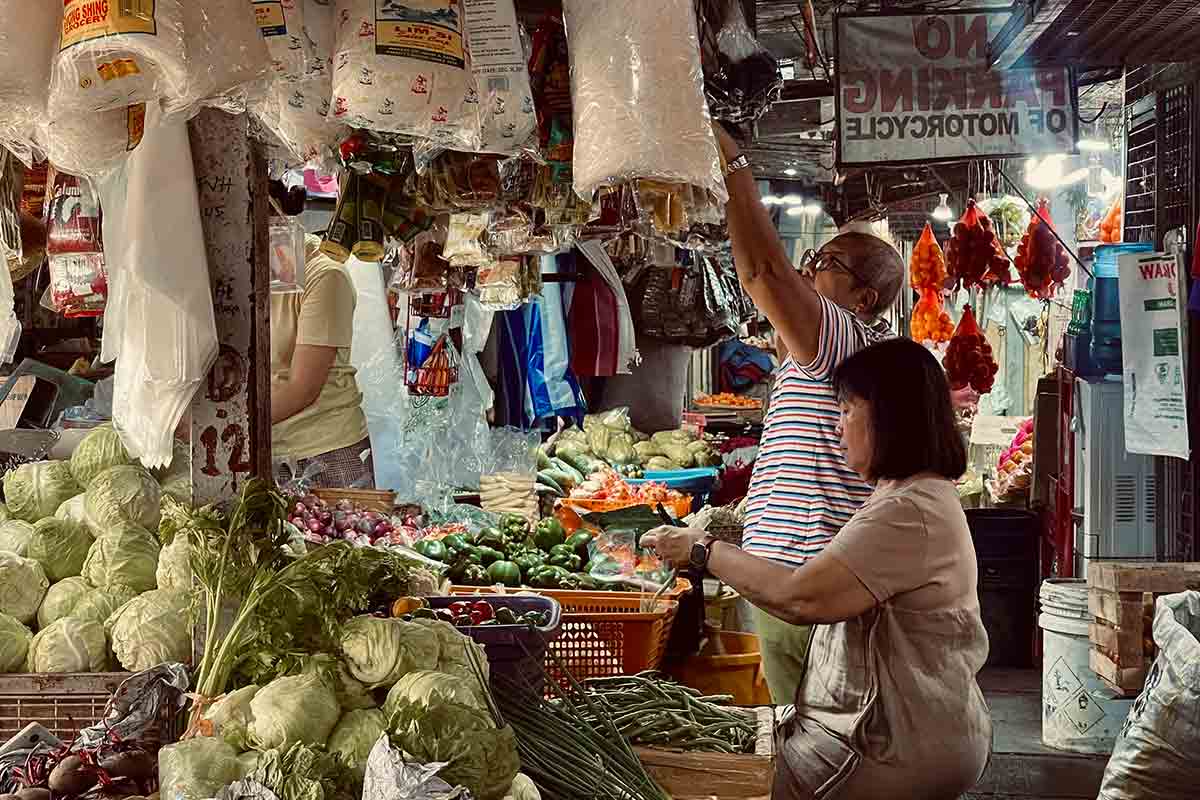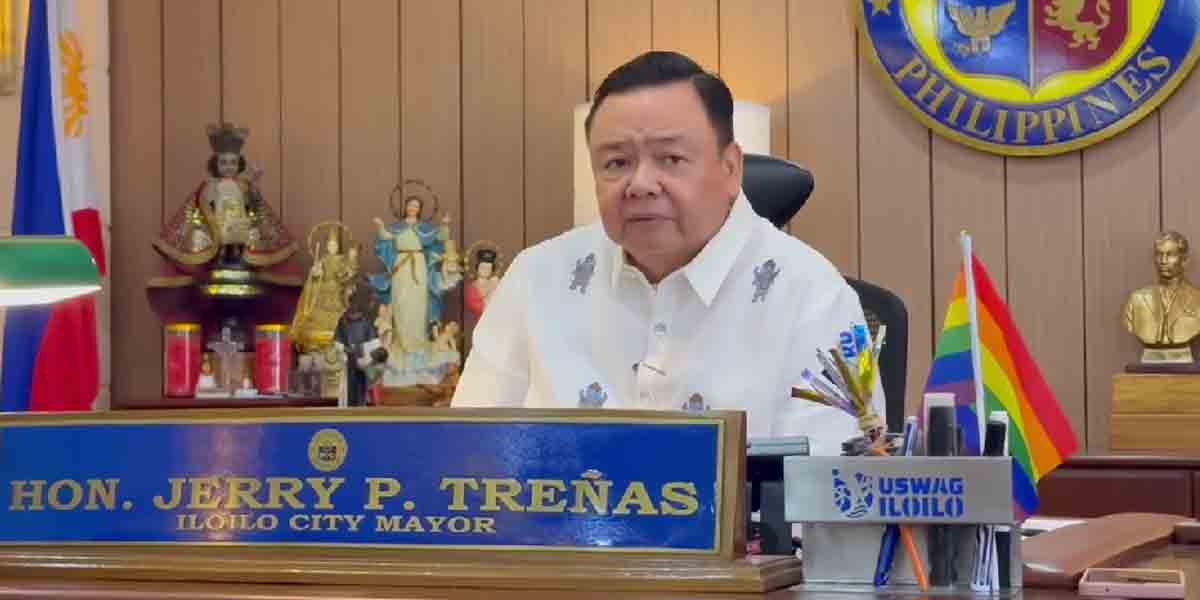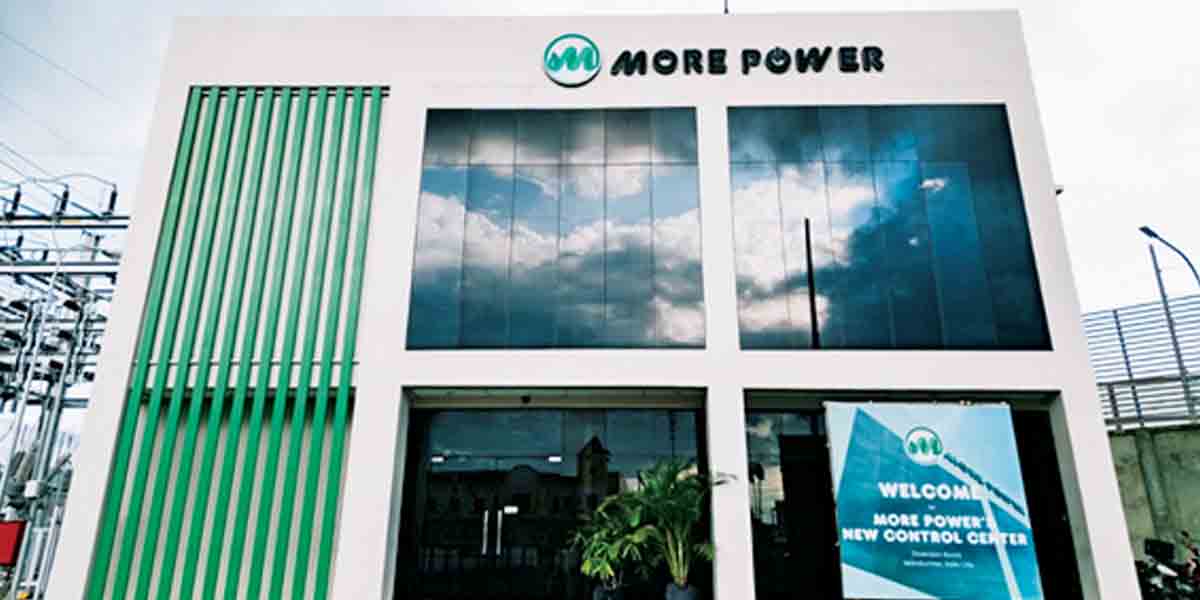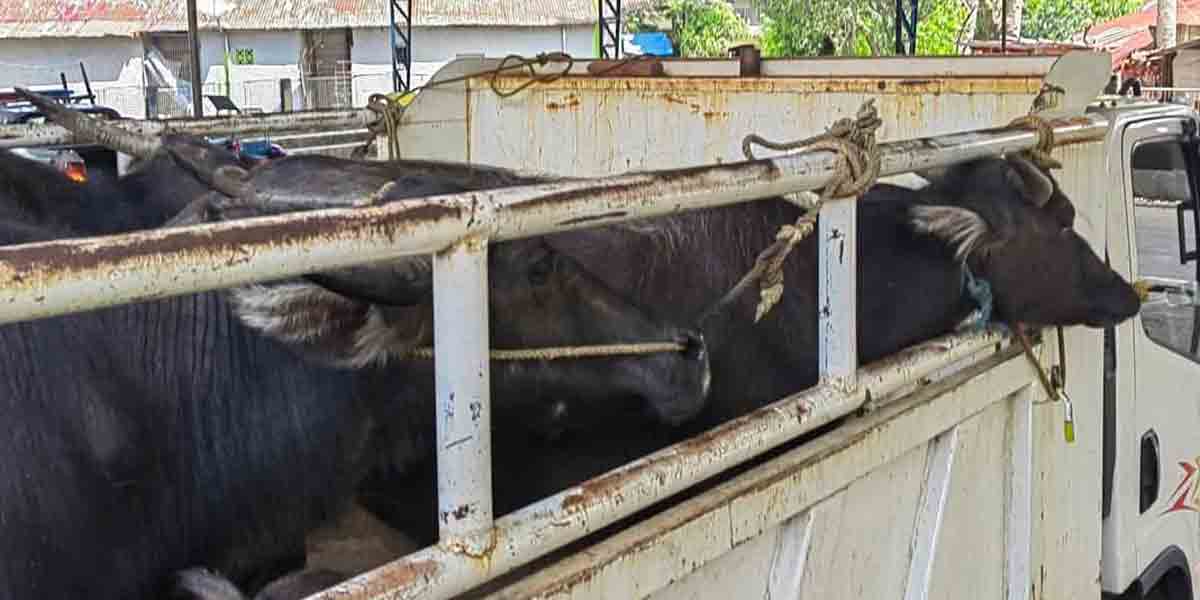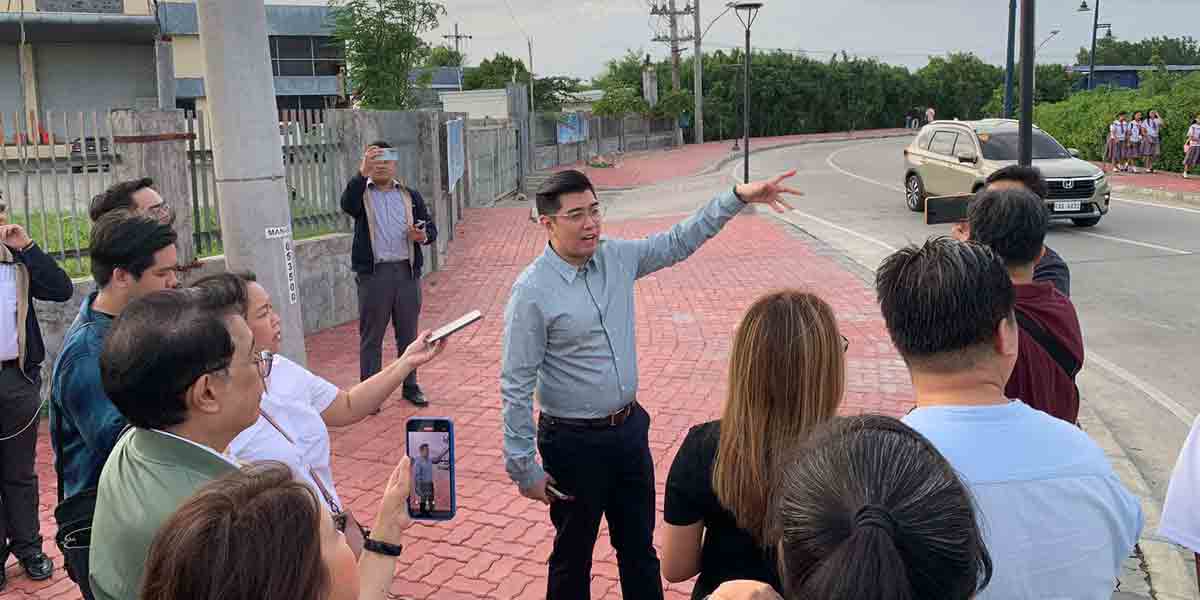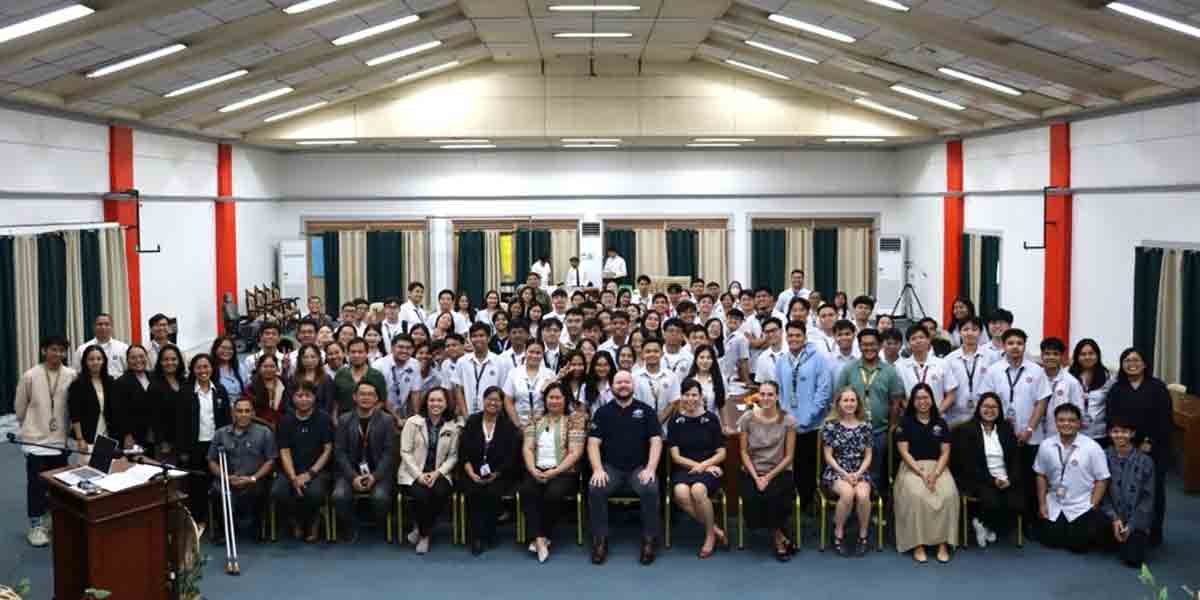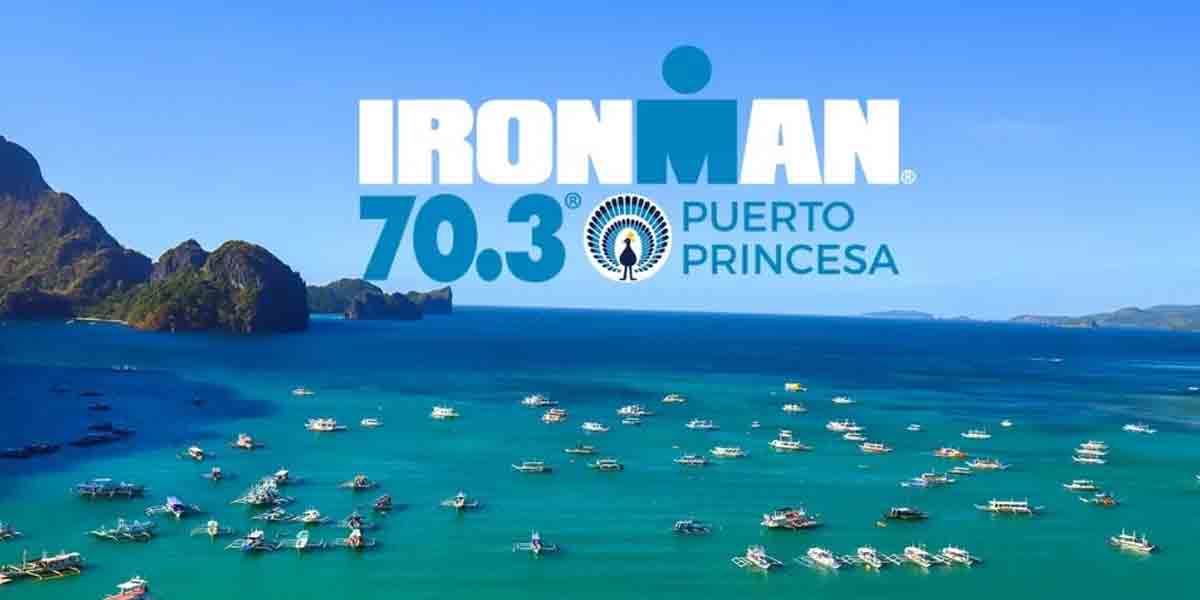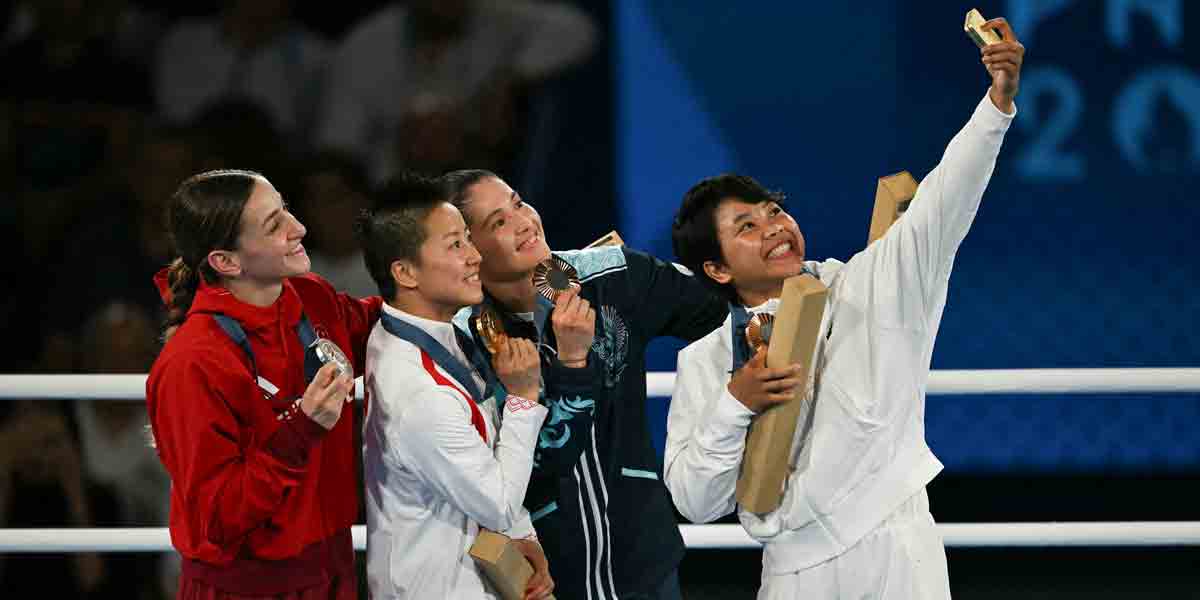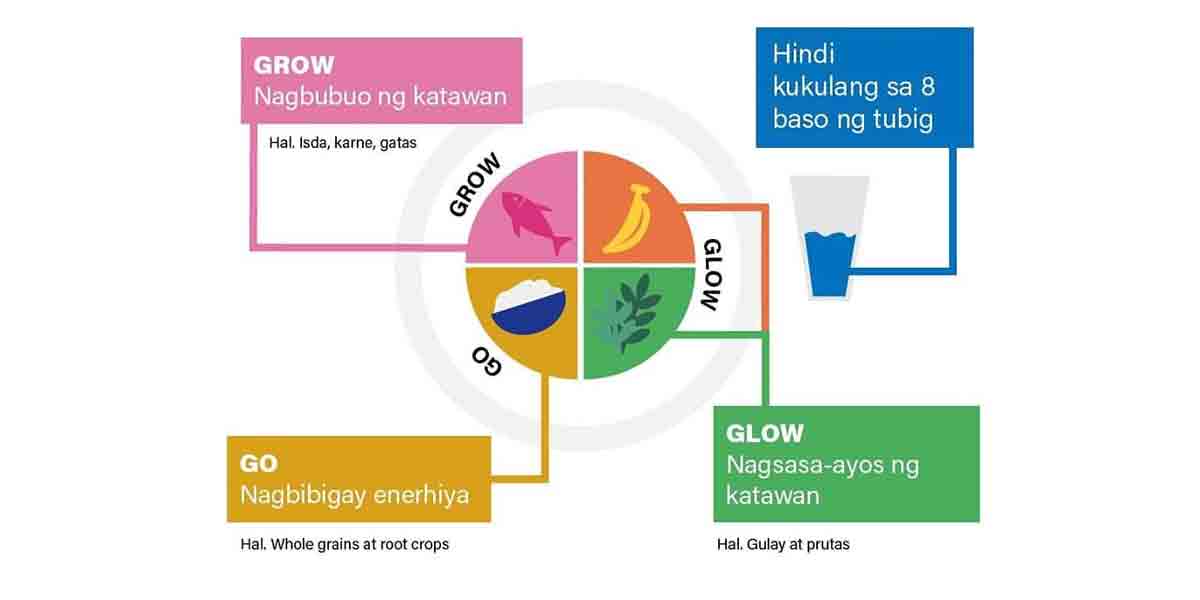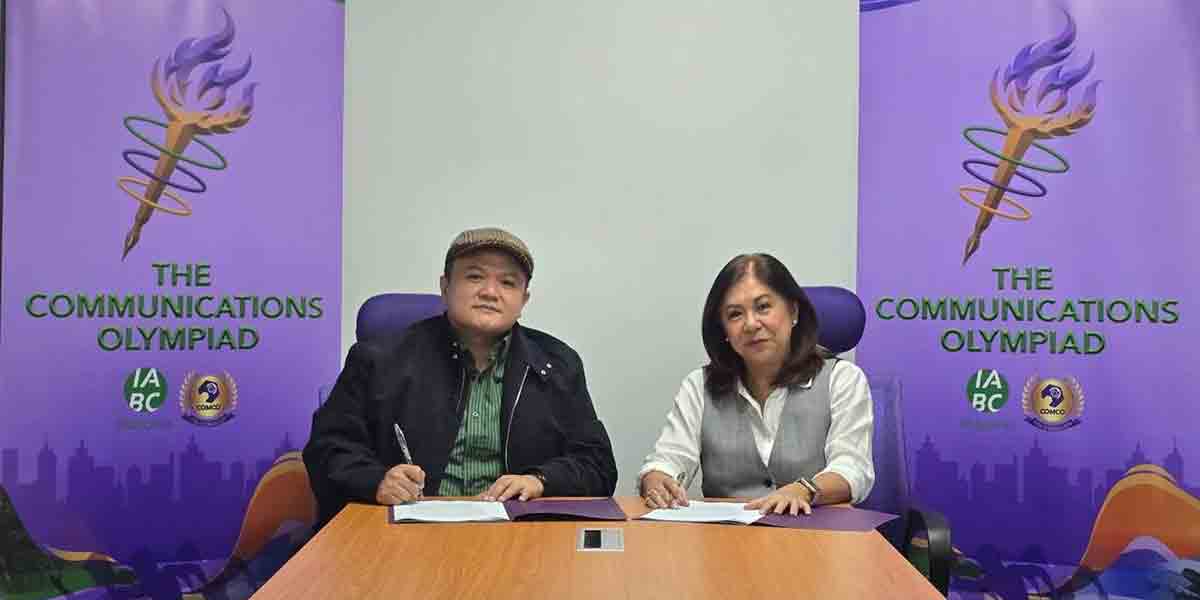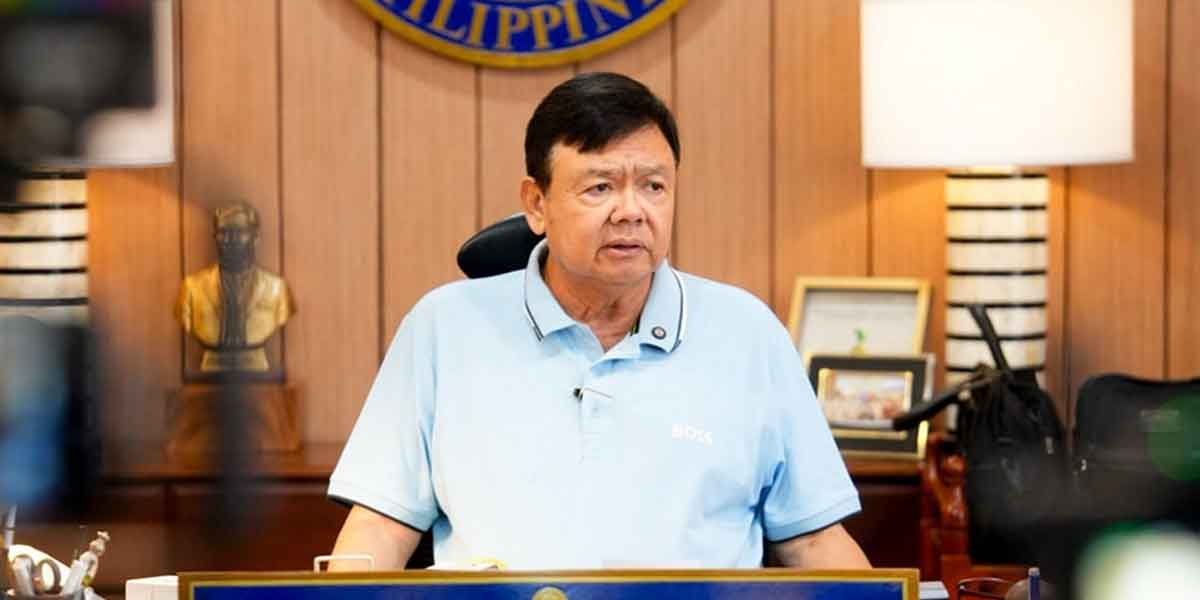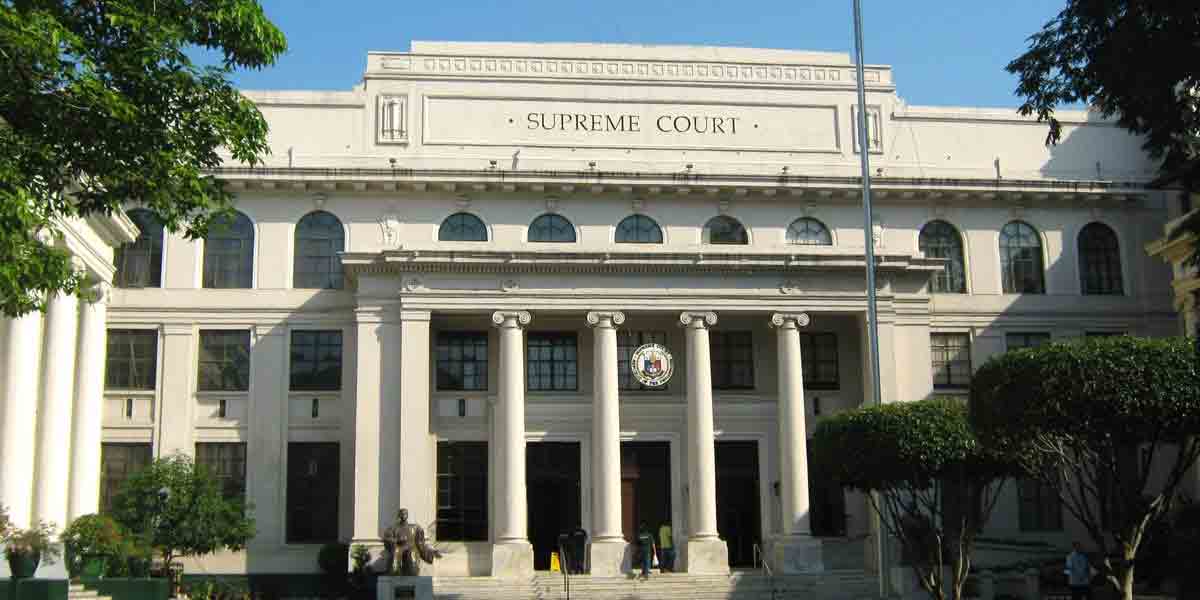By Michael Henry Yusingco, LL.M
The International Criminal Court (ICC) was established pursuant to the Rome Statute. But the Philippines withdrew from the Rome Statute in 2019. Hence, this question of whether we should rejoin or not.
The decision to withdraw was unilaterally made by former President Rodrigo R. Duterte. According to a report from the Philippine News Agency, the former Chief Executive “said he had ordered the revocation of the Rome Statute because he has never obtained a copy of it.” And that he was “clueless about the content of the Rome Statute.”
But despite this admission from then President Duterte, the Supreme Court truly had no choice but to abide by the decision to withdraw. In the case of Pangilinan vs. Cayetano, it ruled that, “The president, as primary architect of our foreign policy and as head of state, is allowed by the Constitution to make preliminary determinations on what, at any given moment, might urgently be required in order that our foreign policy may manifest our national interest.”
The Rome Statute is technically a global treaty. As per the Supreme Court, “Entry into the Rome Statute represented the Philippines’ commitment to the international community to prosecute individuals accused of international crimes.” According to the ICC website, the ICC “aims to hold those responsible accountable for their crimes and to help prevent these crimes from happening again.”
Therefore, the withdrawal from the Rome Statute fundamentally means that the Philippines is no longer part of this global effort. That we have separated from the rest of the international community in its desire to provide a court of last resort, i.e., the ICC, to the victims of crimes against humanity.
Correspondingly, the question of rejoining the Rome Statute is essentially about the Philippines expressing once again a commitment to ensure that perpetuators of crimes against humanity have their day of reckoning in a court of law. So clearly, the answer to this question should be a resounding Yes. Most especially given the current global climate where we see victims of crimes against humanity online and on television every single day.
It is worth noting that according to the Supreme Court, the ICC “may only exercise jurisdiction if domestic courts were “unwilling or unable” to prosecute.” Hence, if the administration of President Bongbong Marcos fails to investigate and prosecute the people responsible for the killings resulting from the brutal War on Drugs of President Duterte, then the ICC may be allowed to assume jurisdiction over this task.
Presently, the impression is that the Marcos administration seems unwilling to conduct a thorough probe of the thousands of deaths under the Duterte War on Drugs. Ostensibly, the only way President Marcos can overcome this perception is to give a clear directive to the Department of Justice (DOJ) to do an extensive investigation and prosecute the perpetuators of these crimes.
More importantly, President Marcos must allow the participation of civil society in this investigation. This is the best way to ensure the credibility of the process and to facilitate public acceptability of its outcomes. The reality is the thought of the administration succumbing to political considerations will always be in the public’s mind. Opening the investigation to the public can mitigate these doubts.
Another matter that the Marcos administration must contend with is the current investigation of the ICC, which was spurred by a complaint filed by a group of relatives of drug war victims. The fact is, the government cannot legally stop this investigation. They are not compelled to cooperate, but the Marcos administration cannot prevent the ICC prosecutor from performing his job.
To protect its international reputation, the Marcos administration must convince the ICC prosecutor to defer to the government as regards the task of probing the Duterte War on Drugs. And presumably, they can only do this if they can show a firm determination to give justice to the victims of the Duterte drug war. But mere promises will not be enough. President Marcos must demonstrate his resolve through official action.
In sum, the decision to rejoin the ICC is really about whether the Philippines would still want to adhere to the principles and objectives of the Rome Statute. It is matter of our country aiming to be a member in good standing of the international community. A decision not to rejoin simply means a rejection of both.
There is no longer any doubt that criminal offenses were committed in the name of the Duterte War on Drugs. It is the responsibility of our government to investigate these crimes and prosecute the perpetuators. If the Marcos administration fails to fulfil this duty, then it is only reasonable for the public to go to the ICC.
Giving justice to the victims of the Duterte drug war is the job of President Bongbong Marcos. Voters must remember that our President took an oath to “do justice to every man”. Not acting on the public’s clamor for justice is reneging on this oath.

